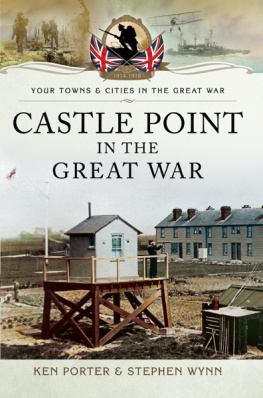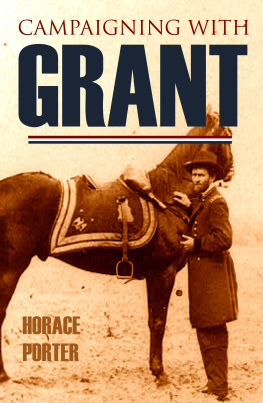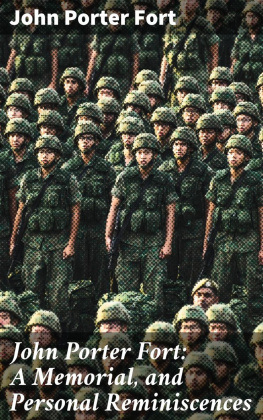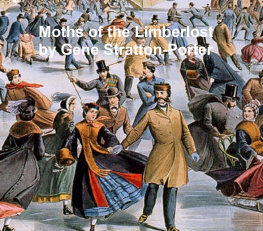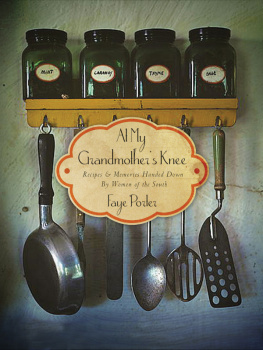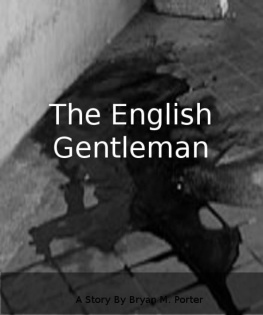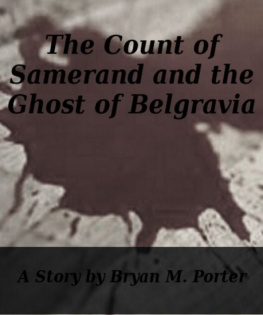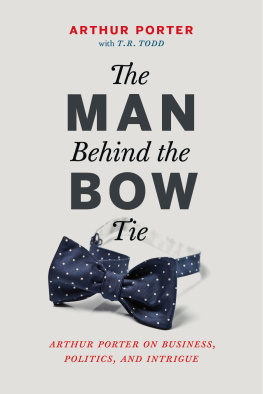We went up into the front line near Arras, through sodden and devastated countryside. As we were moving up to our sector along the communication trenches, a shell burst ahead of me and one of my platoon dropped. He was the first man I ever saw killed. Both his legs were blown off and the whole of his body and face was peppered with shrapnel. The sight turned my stomach. I was sick and terrified but even more frightened of showing it.
Victor Silvester

First published in Great Britain in 2014 by
PEN & SWORD MILITARY
an imprint of
Pen and Sword Books Ltd
47 Church Street
Barnsley
South Yorkshire S70 2AS
Copyright Ken Porter and Stephen Wynn, 2014
ISBN 978 1 78346 340 4
eISBN 9781473838772
The right of Ken Porter and Stephen Wynn to be identified as the authors of this work has been asserted by them in accordance with the Copyright, Designs and Patents Act 1988.
A CIP record for this book is available from the British Library
All rights reserved. No part of this book may be reproduced or transmitted in any form or by any means, electronic or mechanical including photocopying, recording or by any information storage and retrieval system, without permission from the Publisher in writing.
Printed and bound in England
By CPI Group (UK) Ltd, Croydon, CR0 4YY
Typeset in Times New Roman by Chic Graphics
Pen & Sword Books Ltd incorporates the imprints of
Pen & Sword Archaeology, Atlas, Aviation, Battleground, Discovery,
Family History, History, Maritime, Military, Naval, Politics, Railways,
Select, Social History, Transport, True Crime, and Claymore Press,
Frontline Books, Leo Cooper, Praetorian Press, Remember When,
Seaforth Publishing and Wharncliffe.
For a complete list of Pen & Sword titles please contact
Pen & Sword Books Limited
47 Church Street, Barnsley, South Yorkshire, S70 2AS, England
E-mail: enquiries@pen-and-sword.co.uk
Website: www.pen-and-sword.co.uk
About the Authors
Stephen is a retired Police officer who served with Essex Police as a constable for thirty years between 1983 and 2013. Both his sons, Luke and Ross, were members of the armed forces, serving five tours in Afghanistan between 2008 and 2013 during which both were injured. This led to his first book, Two Sons in a Warzone Afghanistan: The True Story of a Fathers Conflict which was published in October 2010. His daughter, Aimee, is currently at Secondary School.
Both Stephens grandfathers served in and survived the First World War, one with the Royal Irish Rifles, the other in the Mercantile Navy and his father was a member of the Royal Army Ordnance Corps during the Second World War.
Ken and Stephen have corroborated on a previous book published in August 2012, German POW Camp 266 Langdon Hills which spent six weeks as the number one best-selling book in Waterstones, Basildon in Spring 2013.
Stephen has also had three crime thrillers published. His hobbies are writing and watching sport. His days always begin with him and his wife Tanya walking their four German Shepherd dogs.
Ken is also retired, having spent his working life in accountancy as a finance director. He is a respected local historian of many years standing, born under the shadow of St Nicholas Church and he hasnt ventured far away from it over the years, still living in the Great Berry area of Langdon Hills today.
His maternal grandfather, James Fredrick Pitt, served with the 6th Battalion of the City of London Rifles during the First World War. He survived after having been invalided out due to his injuries.
Ken is an active member of the Laindon and District Community Archive and Basildon Heritage Group and regularly writes for historical websites and newsletters. His other main interest is cricket, having represented Laindon Cricket Club and for many years Southend-on-Sea Cricket Club as well as Essex over fifties and sixties. He was also an ECB advanced cricket coach for over thirty years.
Ken has been married to Carol for forty-eight years. They have three children and five grandchildren.
Prologue
It is estimated that the worldwide total number of casualties, both military and civilian, as a result of the First World War was a massive thirty-seven million. Of this figure an estimated thirteen million lost their lives. Astonishingly some three million military deaths werent directly related to combat, instead being down to a combination of disease, accidents or whilst being held as a prisoner of war.
At the start of the First World War the British Army had an overall strength of just over 700,000 men including reservists. By the end of the war 5,397,000 million men had enlisted in the armed forces of the United Kingdom and Ireland, approximately one in four of the total male population.
Of these 703,000 men were killed and another 1,663,000 million were wounded. Roughly half of those who enlisted volunteered and the rest were conscripted. When compared to the 82,000 soldiers of todays British Army (2013) not only does it put them in perspective but it shows just how astounding these figures are.
The last military engagement which the British Army had been involved in prior to the First World War was in South Africa between 1899 and 1902 during the Anglo-Boer wars. Although it afforded the infantry regiments an opportunity to hone their shooting skills, nothing had really been learnt from a tactical point of view. The horse was still the main form of land-based transport in both a civilian and a military sense. It ruled supreme throughout the world which meant that the main battle tactic which the British Army was likely to deploy would be that of a cavalry charge. With the birth of the twentieth century bigger and more destructive weaponry was being developed sounding the death knoll for the cavalry as an effective tactic.
As in the society of the day, there was a well-established class system operating within the military which had a very defined us and them attitude, and where a combination of arrogance and outdated ideas still prevailed. At the outbreak of the First World War, the officer class appeared to be top heavy with senior and elderly officers who, it quickly became apparent, were often incapable of making speedy decisions in the new age that came with the fast moving military environment of the twentieth century.
The only military tactic which the British military seemed to possess was an offensive one. This involved bombarding the enemy lines with artillery shells before sending thousands of soldiers, with bayonets drawn, across what had ironically become known as no mans land, head first in to enemy positions which were vigorously defended with heavy machine guns.
These same senior officers simply accepted that this meant they would unfortunately incur large numbers of casualties. This tactic was accompanied by a belief that a fast moving attack would overwhelm the enemy, especially when coupled with an offensive spirit and a moral belief that right, or perhaps God, was on their side.







